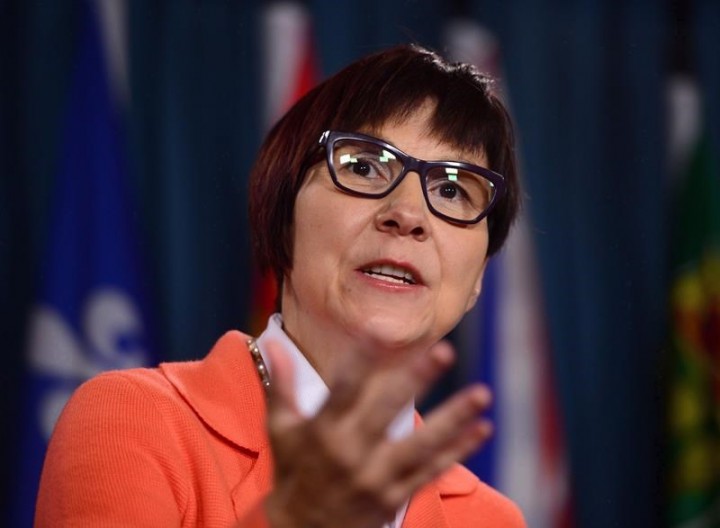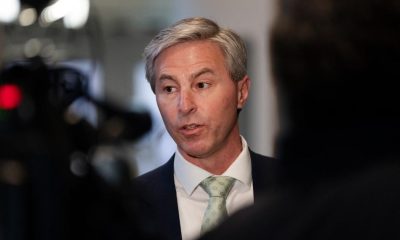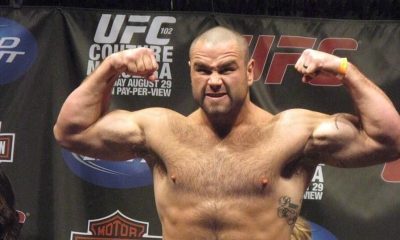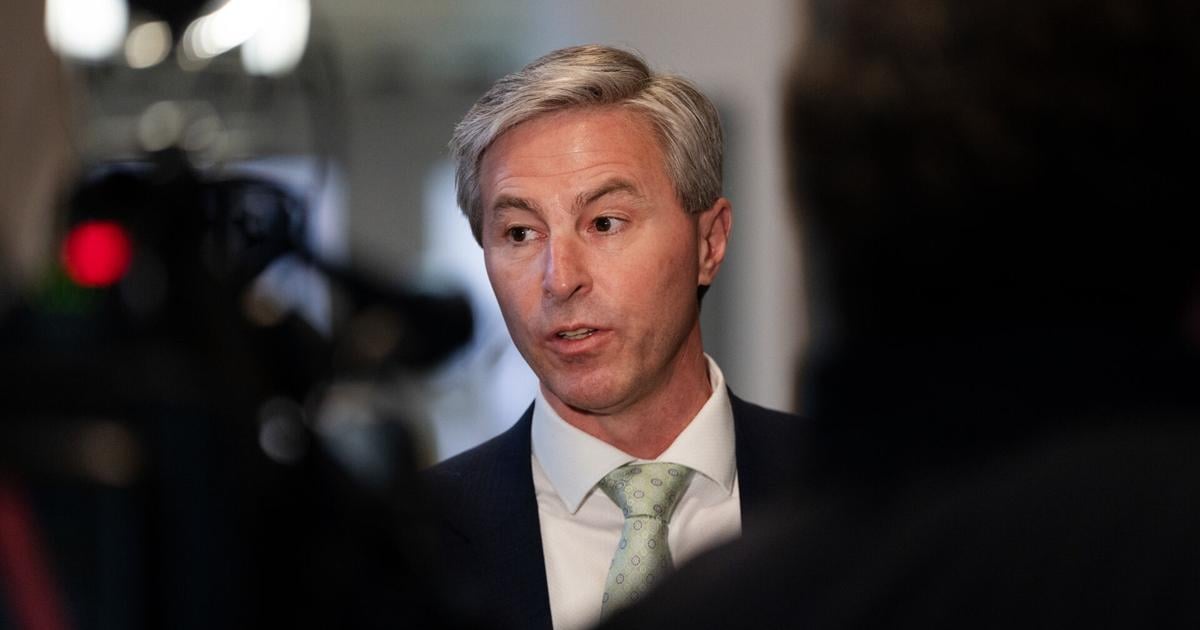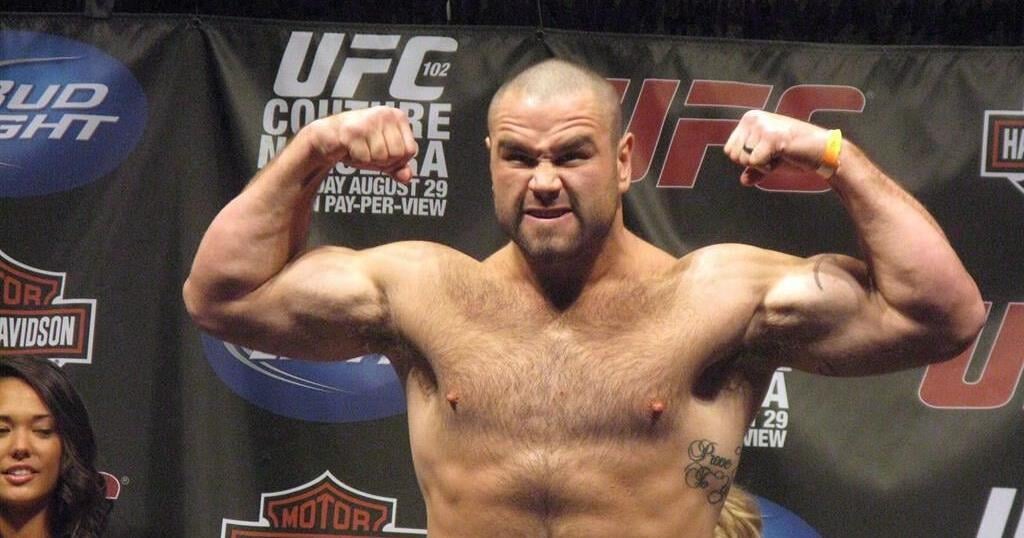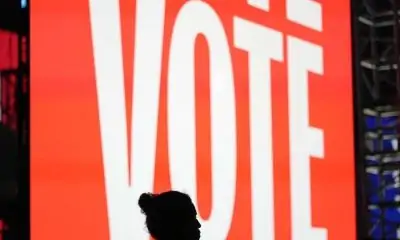Ottawa will open the department of Indigenous Services up for a review to identify ways it discriminates against First Nations children.
The work will happen as part of a $40-billion agreement-in-principle reached last December between the federal Liberal government and groups including the Assembly of First Nations, Chiefs of Ontario and lawyers for two related class-action lawsuits.
The arrangement will see Ottawa pay $20 billion in compensation to First Nations children who were harmed by chronic underfunding of child and family services on-reserve.
Another $20 billion has been earmarked to reform the system over the next five years, with some measures set to take effect as of Friday.
A public notice on the federal government’s procurement website says it has chosen the University of Ottawa to conduct the internal review, which will cost $750,000.
A department spokeswoman says this is the first time such a review will be done of the federal department since its creation in 2017 when Indigenous and Northern Affairs Canada was split into two departments: Indigenous Services Canada and Crown-Indigenous Relations.
“An expert advisory committee willguide the evaluation process and develop a work plan that will include actions to identify and redress internal departmentalprocesses, procedures and practices to prevent any recurrence of discriminatory policies and procedures against First Nationschildren,” Jennifer Cooper wrote in a statement.
“As negotiations toward a final settlement agreement remain ongoing, we cannot provide any more details at this time. “
The parties were working toward a deadline of March 31 to finalize the compensation deal, which would include details around access and eligibility.
Cooper declined to say whether the probe will be made public.
But Cindy Blackstock, executive director of the First Nations Child and Family Caring Society of Canada, which is among parties in discussions about long-term reforms, believes it must.
“This is part of reconciliation,” she said.
“It’s part of understanding why governments haven’t been able to implement the (Truth and Reconciliation Commission) calls to action, even though they adopted them on behalf of all Canadians. So I think it should be a public process. It should allow for public input.”
Indigenous Services Canada is responsible for servicing programs and infrastructure for those living on-reserve, as well as providing funding for health care and education.
Blackstock says an important question for the departmental review will be why the federal government continued underfunding services for First Nations children when there have been findings showing that has been happening as far back at the early 20th century.
“Why is it that when they got compelling evidence of wrongdoing, that they’re not addressing the problem?”
Blackstock first brought forward a human rights complaint in 2007, along with the Assembly of First Nations, that touched off a fight over Ottawa’s handling of child welfare for First Nations children.
In 2016, the Canadian Human Rights Tribunal found the federal government discriminated against First Nations children by refusing to provide the same level of funding to child and family services on-reserve as provincial governments did for those living off-reserve.
Funding levels were equal when children were in foster care and that resulted in thousands of First Nations kids being separated from their families and brought into the system, where many experienced abuse.
In 2019, the tribunal awarded a maximum compensation amount of $40,000 to each child affected by the federal government’s discriminatory underfunding, as well as their families.
The government appealed that order to the Federal Court, which last September upheld the tribunal’s findings.
The federal government appealed that decision to the Federal Appeal Court in October, but announced at the same time that negotiations would begin on an out-of-court settlement.
This report by The Canadian Press was first published March 31, 2022.
Stephanie Taylor, The Canadian Press
Related

